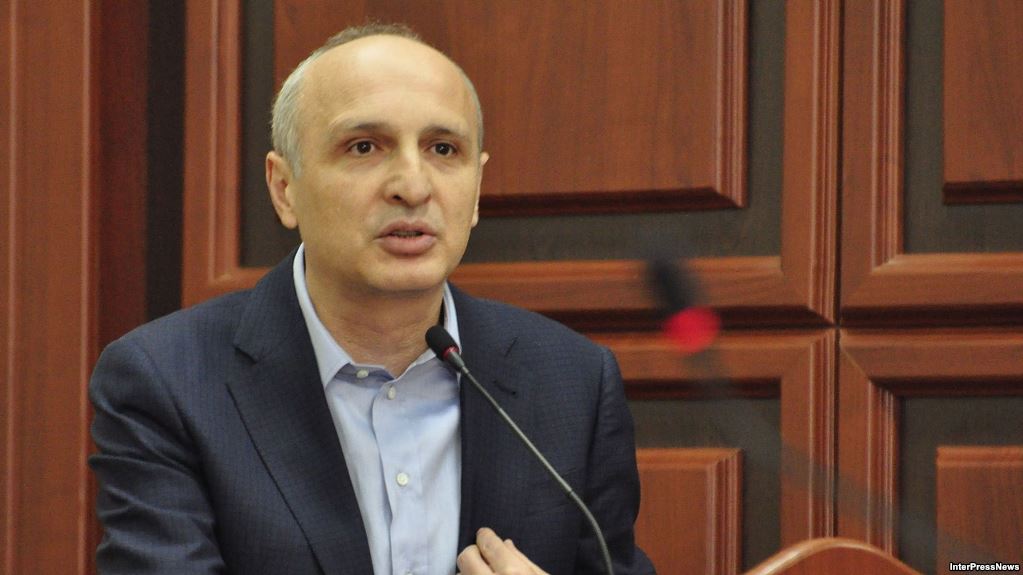Strasbourg Court releases decision over former Georgian PM Vano Merabishvili
The Strasbourg Human Rights Court has released its verdict over the complaint filed early by Georgia’s former PM Vano Merabishvili who is currently in custody.
The case of Merabishvili v. Georgia (application no. 72508/13) concerned the arrest and pre-trial detention of a former Prime Minister of Georgia, Ivane Merabishvili, and his complaint that there had been ulterior purposes behind these measures. Mr Merabishvili namely alleged that the arrest and the pre-trial detention had aimed to remove him from the political scene, and that the Chief Public Prosecutor – by having him covertly removed from his cell late at night several months after his arrest to question him – had attempted to use his detention as leverage to pressure him to provide information about the foreign bank accounts of the former President of Georgia Mikheil Saakashvili and about the death in 2005 of the former Prime Minister of Georgia Zurab Zhvania, The Strasbourg Human Rights Court reports.
‘ In today’s Grand Chamber judgment1 in the case the European Court of Human Rights held: unanimously, that there had been no violation of Article 5 § 1 (right to liberty and security) of the European Convention on Human Rights with regard to Mr Merabishvili’s arrest or his pre-trial detention; unanimously, that there had been no violation of Article 5 § 3 (entitlement of a detainee to trial within a reasonable time or to release pending trial) with regard to his initial placement in pre-trial detention; unanimously, that there had been a violation of Article 5 § 3 in that, at least from 25 September 2013 onwards, his pre-trial detention had ceased to be based on sufficient grounds; and by nine votes to eight, that there had been a violation of Article 18 (limitation on use of restrictions on rights) taken in conjunction with Article 5 § 1.
The Court came to the conclusion that it had not been established that Mr Merabishvili’s pre-trial detention had principally been meant to remove him from Georgia’s political scene. However, the Court found his allegations concerning his covert removal from his prison cell and his late-night questioning during his pre-trial detention sufficiently convincing and therefore proven.
The Court considered that the restriction of Mr Merabishvili’s right to liberty had amounted to a continuous situation. It came to the conclusion – bearing in mind all the circumstances – that the predominant purpose of that restriction had changed over time. While in the beginning that purpose had been the investigation of offences based on a reasonable suspicion, later on the predominant purpose became to obtain information about Mr Zhvania’s death and Mr Saakashvili’s bank accounts. It was thus chiefly meant for an ulterior purpose not prescribed by the Convention. In its judgment, the Court took the occasion to clarify the principles to be applied in cases where an alleged breach of Article 18 of the Convention was at issue,’ the Strasbourg Court decision says.
